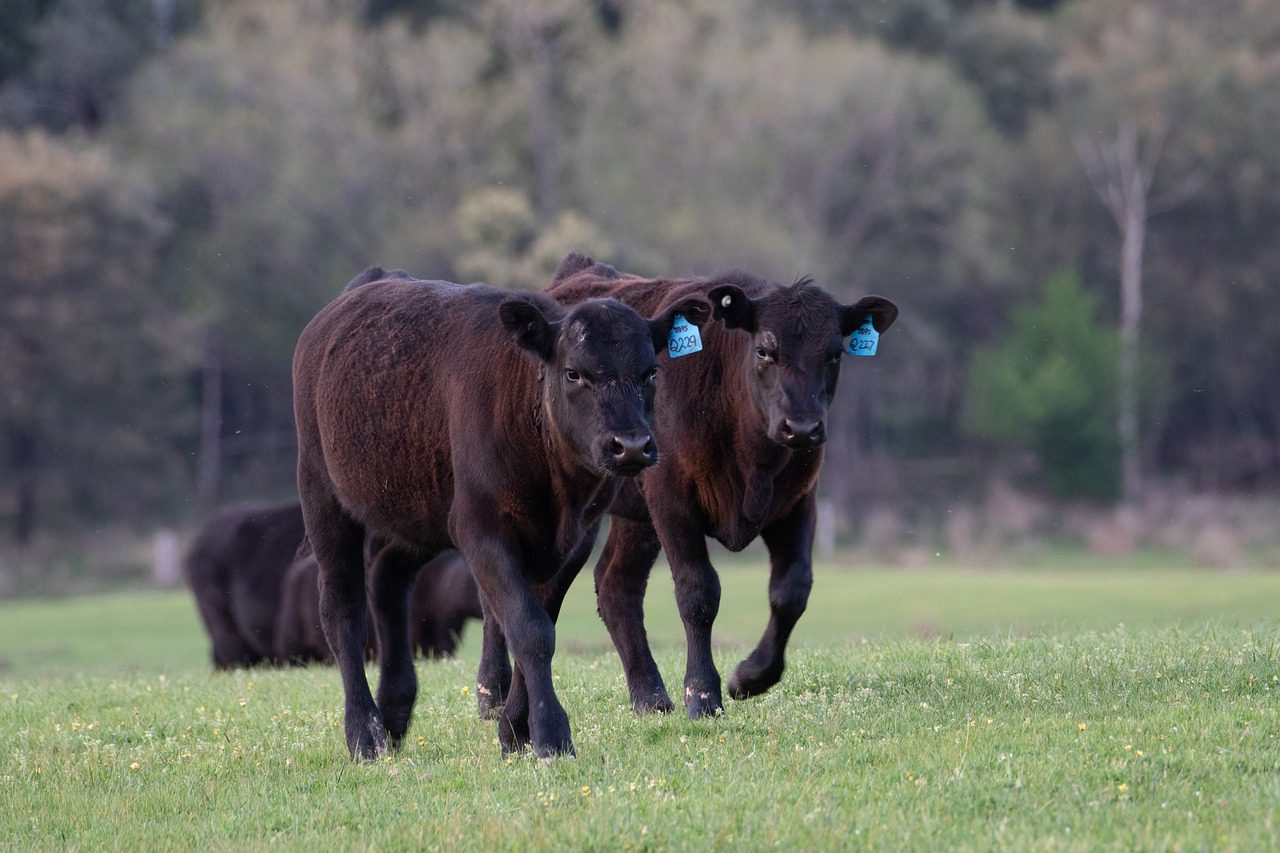Explore how important mineral nutrition is to the beef cattle herd when it comes to solving production issues.
“Minerals pack a big punch in the beef cattle herd,’ according to a Beef Magazine article. Deficiency in minerals have a direct impact on health and nutrition, and they can show up as poor pregnancy rates, weak newborn calves, or other reproductive or performance issues, according to the article. Explore the details below.
Mineral Nutrition in the Herd
“We are always learning more about what minerals can do and learning more about the basic needs of beef cattle nutrition,” said Stephanie Hansen, Iowa State University beef feedlot nutrition specialist, in the article. Hansen shared this information at a webinar series on mineral nutrition hosted by NCBA.
Hansen maintained that mineral nutrition impacts bone and muscle growth, feed efficiency, carcass quality, and reproductive performance. Both macro and micro nutrients are important. Macro minerals include calcium (Ca), magnesium (Mg), phosphorus (P), and sodium (Na), and Hansen said “Macro-minerals are usually less than 1% of the diet, but are very important.” The article advises that “research indicates the ratio of calcium to phosphorous in the diet should be 1:1.”
A focus on macro nutrients is also important in spring forages, where interference of other minerals in the grass can cause a decrease in absorption of magnesium at levels needed, and can lead to grass tetany. Hansen advised in the article, “The rule of thumb is a potassium to magnesium (K to Mg) ratio of 10:1. Nitrogen regularly used to fertilize grass and forages is also capable of creating interference with absorption levels of magnesium.”
Micro nutrients, or trace minerals, include copper (Cu) and zinc (Zn). Hansen shared that “trace minerals are a very, very small part of the diet, yet cattle can still be deficient in these minerals, impacting productivity.”
Hansen maintained that “Where monitoring of trace minerals becomes important is due to their great variability in forages.” For instance, another trace mineral, iron (Fe), can be found at high levels in forages, up to two to three times higher than needed to balance nutritional requirements and can act as a buffer against other critical trace minerals, like copper and manganese.
Hansen advised “constant management practices to focus on herd nutrition.” This includes testing forages and water for macro and micro nutrients, and looking at minerals when dealing with herd production issues.
Griffin Fertilizer is committed to helping both growers and ranchers make sound agronomic and economic decisions in order to maximize the health of their grove and pasture. As a full-service custom dry & liquid fertilizer blender and crop protection product distributor, we will continue our mission to further advance Florida agriculture. For questions or concerns about your farm or pasture, contact us and one of our team will be in touch.

